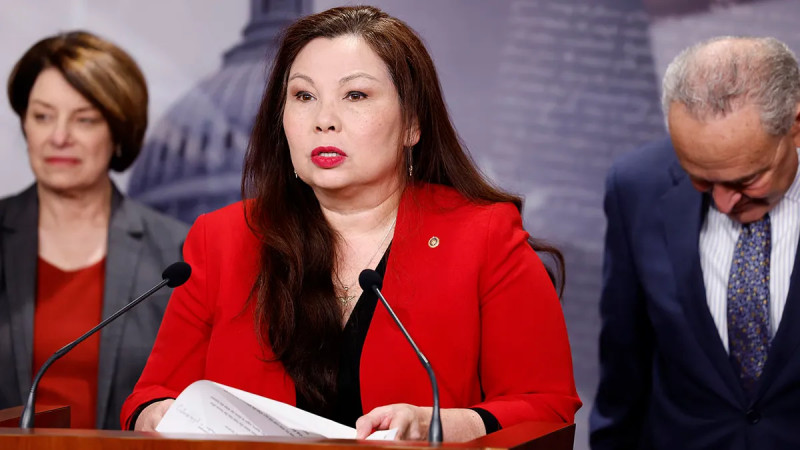In a significant move, President Donald Trump has signed a bill that compels the Department of Justice (DOJ) to release all unclassified records related to the late convicted sex offender Jeffrey Epstein. This legislation, known as the Epstein Files Transparency Act, has been a contentious issue for months, with intense political infighting and resistance from various quarters. Despite the loopholes and resistance, the bill has finally been signed into law, setting the stage for a potential deluge of information that could shed light on one of the most notorious cases in recent history.
Trump's signing of the bill is a notable turnaround from his earlier stance, where he had resisted efforts to make the Epstein files public. The bill, which received overwhelming support in both the House and Senate, was signed into law on Wednesday, November 19, 2025. The legislation mandates the DOJ to release all relevant files within 30 days in a searchable format, a move that has been hailed by transparency advocates but met with skepticism by those who fear potential political fallout.
The bill's journey to becoming law has been fraught with political intrigue and resistance. Initially, Trump had labored to kill the bill, viewing it as a political ambush. However, the mounting pressure and the overwhelming support from both Republicans and Democrats left him with little choice but to sign it. The legislation was the culmination of months of fierce GOP infighting, with some Republican defectors joining forces with Democrats to push it through.
One of the key figures in this saga is Attorney General Pam Bondi, who has been tasked with overseeing the release of the files. The legislation specifically requires Bondi to ensure that all unclassified records are made public, a move that could have significant implications for ongoing investigations and public perception. The DOJ, however, has remained tight-lipped about the contents of the files, adding to the mystery surrounding Epstein's case.
Despite the bill's passage, there are concerns about the potential loopholes that could hinder full transparency. The DOJ has been given a 30-day window to release the files, but the extent and comprehensiveness of the information to be disclosed remain uncertain. Critics argue that the department could exploit these loopholes to withhold sensitive information, thereby limiting the public's access to crucial details.
The release of the Epstein files is expected to have far-reaching implications, not just for the DOJ but also for the political landscape. Trump's signing of the bill comes at a time when he is facing intense scrutiny over his administration's handling of various high-profile cases. The Epstein files could potentially reveal new information that could implicate high-profile individuals, further complicating the political dynamics surrounding the case.
In conclusion, the signing of the Epstein Files Transparency Act by President Trump marks a pivotal moment in the ongoing saga surrounding Jeffrey Epstein. While the release of the files could provide much-needed transparency and closure, the potential for political fallout and the exploitation of loopholes remain significant concerns. As the DOJ prepares to release the files, the public and political stakeholders alike await the revelations with bated breath, hoping for a clearer understanding of one of the most enigmatic cases in recent history.



